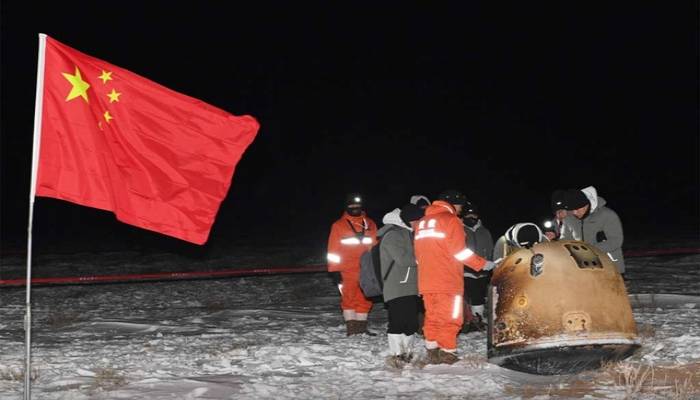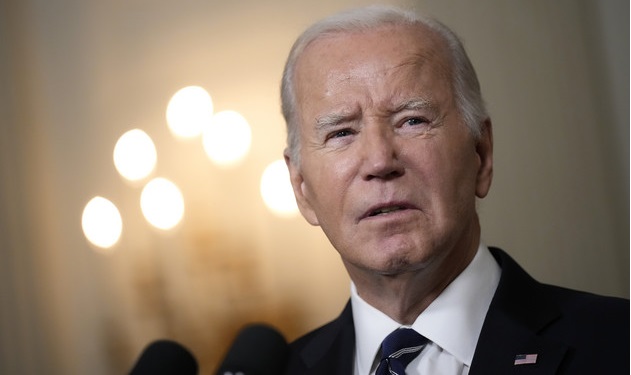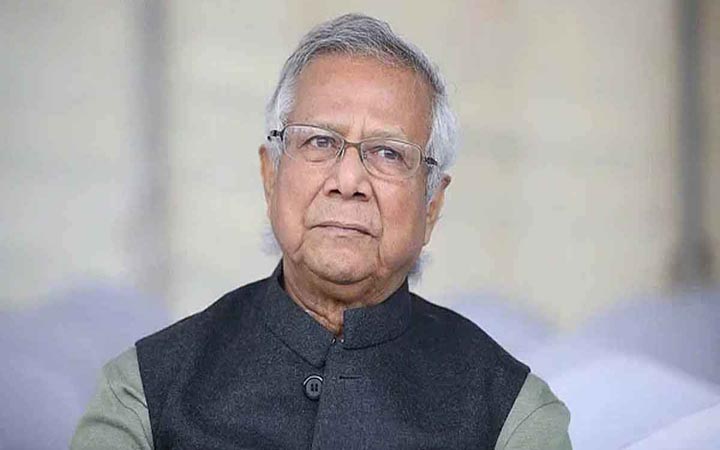China may have been a latecomer to the moon, but when its capsule full of lunar rocks and soil returned to Earth early Thursday, it set the stage for a new space race over the coming decades. This time, it will be a competition over resources on the moon that could propel deeper space exploration.
The country’s Chang’e-5 spacecraft gathered as much as 4.4 pounds of lunar samples from a volcanic plain known as Mons Rümker in a three-week operation that underlined China’s growing prowess and ambition in space. It was China’s most successful mission to date.
The United States and the Soviet Union competed for supremacy in an epic space race in the 1960s and ‘70s, during which they brought back lunar samples, but that was a different era. Now China is in the fray, and today’s competition — once seemingly the realm of science fiction — could be equally intense and more mercantile.
The Chinese are eager to flaunt their technical skills and explore the solar system. Like the United States, the country’s broader goal is to establish a lunar base that could exploit its potential resources and serve as a launching pad for more ambitious missions.
Beijing has not “staked out some sort of declarative statement where they want to replace the United States as leader in space,” said Brendan Curry, chief of Washington, DC, operations at the Planetary Society. “But they certainly want to be a major actor in space.”
In a statement, the China National Space Administration said a capsule with the moon rocks landed in Inner Mongolia at about 2 am local time ( around 1 pm Eastern time on Wednesday). The capsule had separated from the main spacecraft when it was about 3,000 miles above the southern Atlantic Ocean. At an altitude of about 6 miles, it deployed its parachutes.
Video broadcast on state television showed recovery teams arriving at the capsule less than an hour after the landing. It may take hours for the capsule to be transferred to facilities where it can be confirmed that the lunar samples are intact.
Space now is fast becoming one more arena where the two countries might clash. Although China’s military and civilian space program are still catching up with those in the United States, the country’s ambitions were part of the Trump administration’s motivation to set up a Space Force.
Vice President Mike Pence last year announced plans to accelerate America’s return to the moon by 2024 during a speech in which he warned that China wanted to “seize the lunar strategic high ground and become the world’s preeminent spacefaring nation.”
Entrepreneurial space companies could further upend any competition between NASA and China. By the time that NASA or Chinese astronauts reach the moon, Elon Musk, the billionaire founder of SpaceX, says he will be sending people to Mars. Even if Musk’s pronouncements turn out to be too optimistic, the future of space exploration may no longer be dominated by national space agencies.
Some hope that a competition between China and the United States could change to cooperation. But NASA is currently limited from directly working with the Chinese space agency or Chinese-owned companies. That provision was inserted in 2011 into the law financing NASA by Frank Wolf, then a Republican congressman from Virginia, to punish China for its human rights record and to protect American aerospace technology.
In the near term, planetary scientists in the United States could be left out of the science bonanza from the rocks gathered by Chang’e-5, which came from a region of the moon much younger than those visited previously.
Although the law does not prevent non-NASA scientists from working with Chinese counterparts, it does prevent Chinese scientists from looking at the moon rocks that NASA astronauts brought back during the Apollo missions, and China may well return that snub.
“Obviously the United States prohibits cooperation with China, no?” said Xiao Long, a scientist at the China University of Geosciences in Wuhan, who has advised the Chinese space program. “It certainly does not hope that China develops quickly. They have already put their cards on the table. It is not something that is being done quietly.”
At a talk Tuesday to the Greater Houston Partnership, an economic development organization, Jim Bridenstine, the NASA administrator, addressed the prospect of relaxing the ban on NASA-China cooperation.
“It’s above my pay grade,” Bridenstine said. “But certainly, I do believe NASA is a tool of diplomacy. I believe that asset is a tool that can be used as, for example, a pot sweetener for a trade deal. I think it can be used for all kinds of purposes for international diplomacy.”
The incoming Biden administration has yet to announce its plans for NASA. But it will probabl













